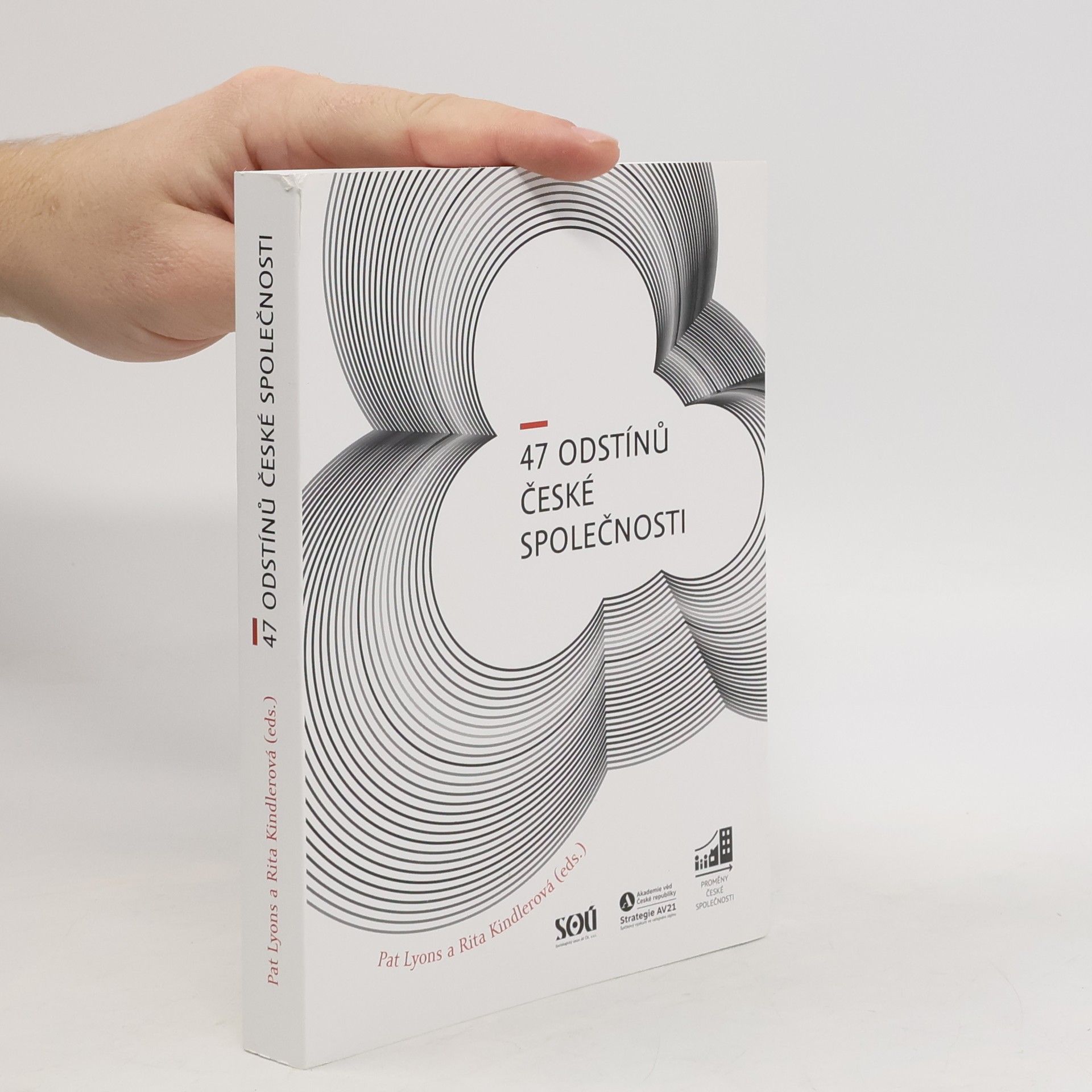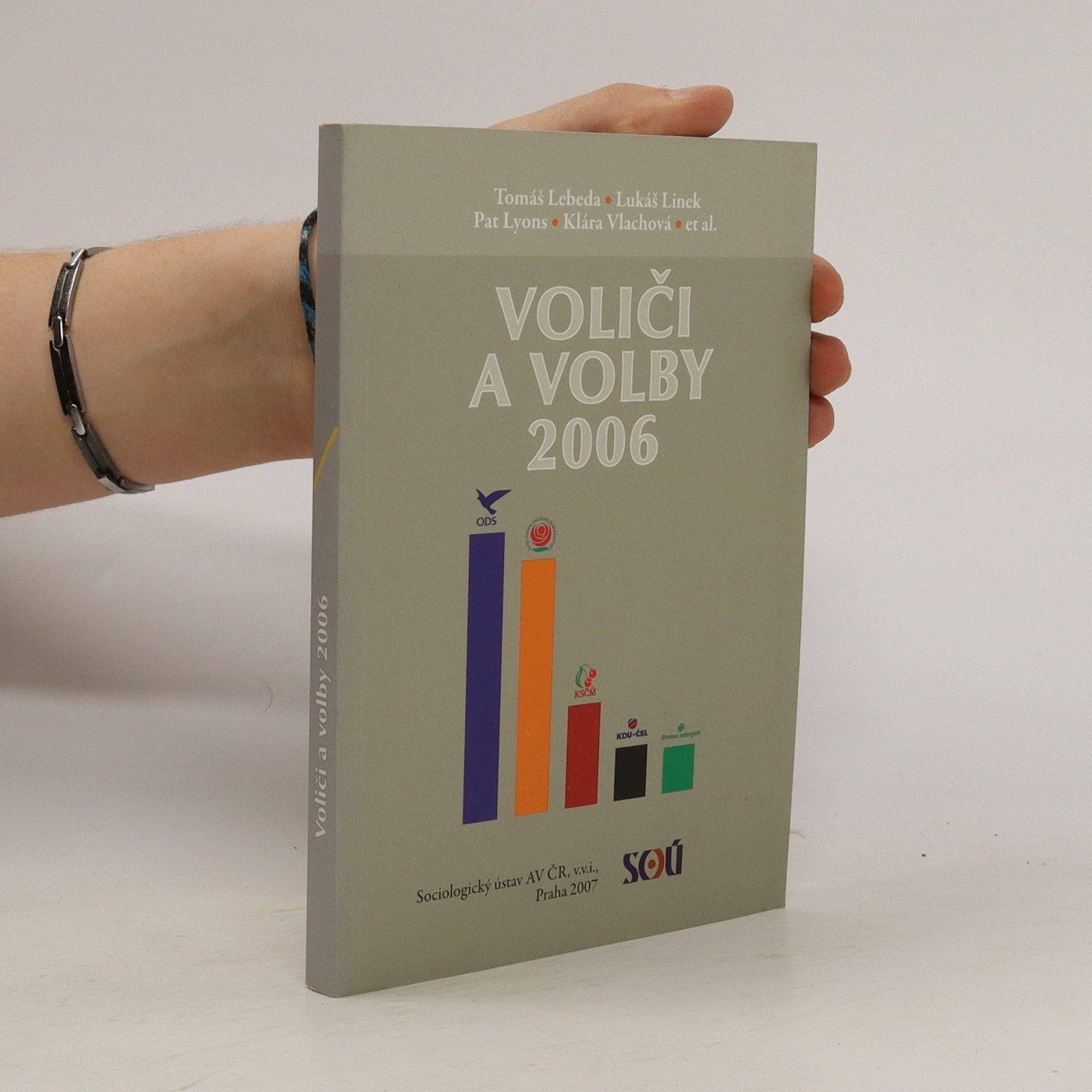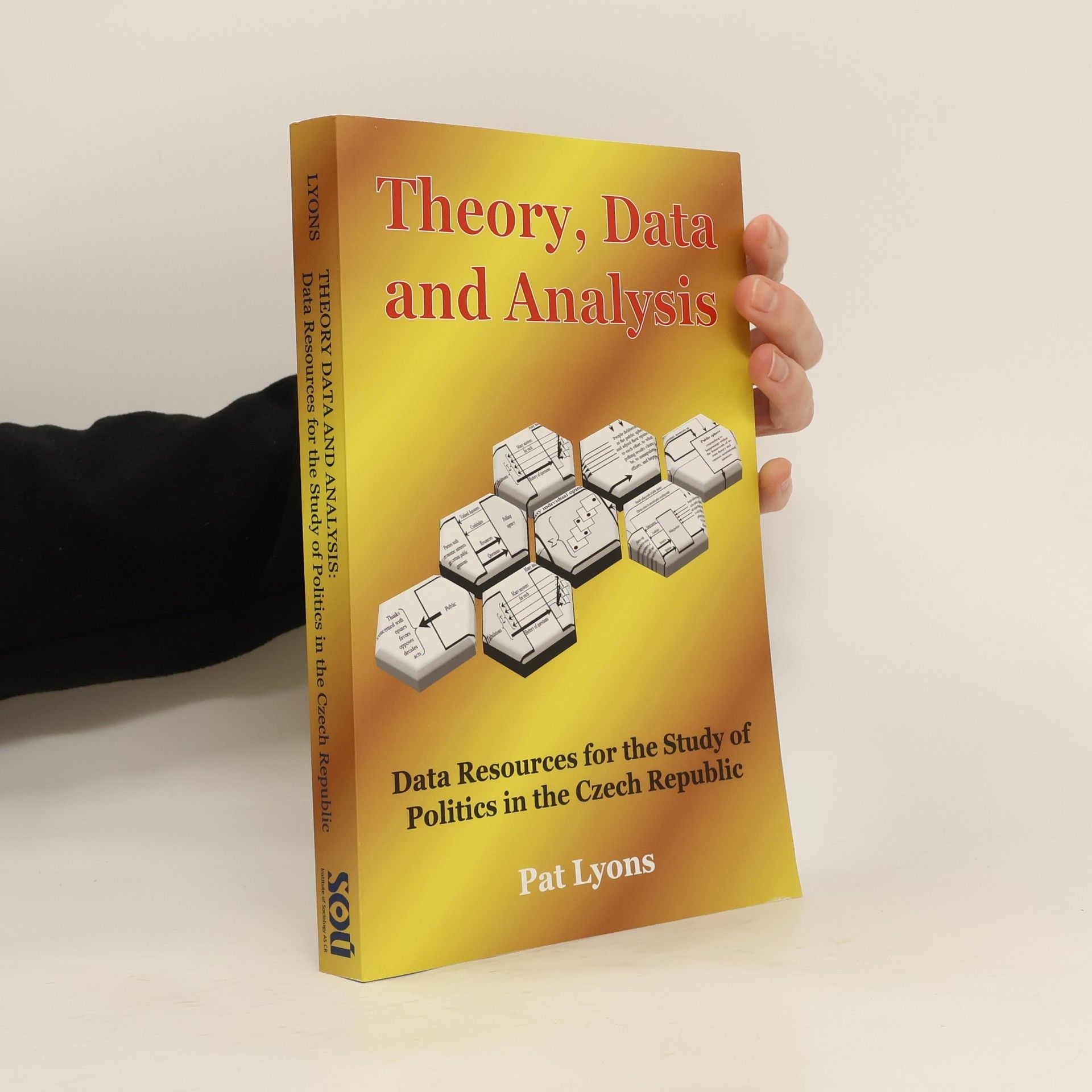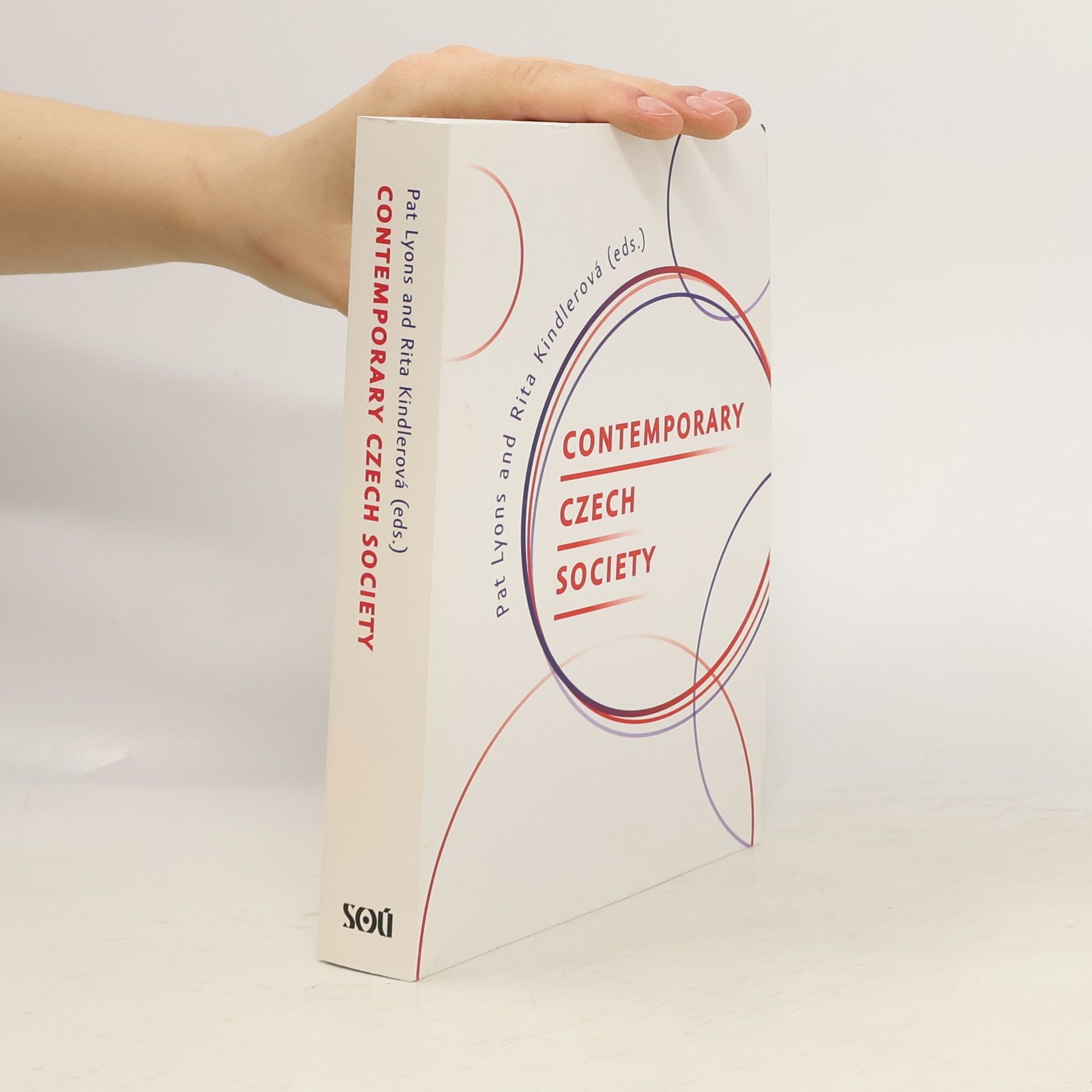Political Knowledge in the Czech Republic
- 564pages
- 20 heures de lecture
The book examines the origins, nature, and impact of different facets of political knowledge in the Czech Republic between 1967 and 2014. The central argument presented in this book is that evaluating citizens on the basis of objective, or factual, knowledge alone makes little sense. What citizens know about politics comes from a variety of sources that are complementary. This is the first detailed study of how much Czechs know about politics, and why it matters. Here are some of the key findings of this book. There are many forms of political knowledge.Citizens make decisions using different forms of political knowledge.Czechs knowledge of politics has remained constant over time.How people answer knowledge questions in surveys matters.Political knowledge is shaped by personality traits.Factual knowledge is linked with forecasting social change, but is not always linked with making correct voting.Experts with high levels of knowledge do not agree on what is a correct answer.







